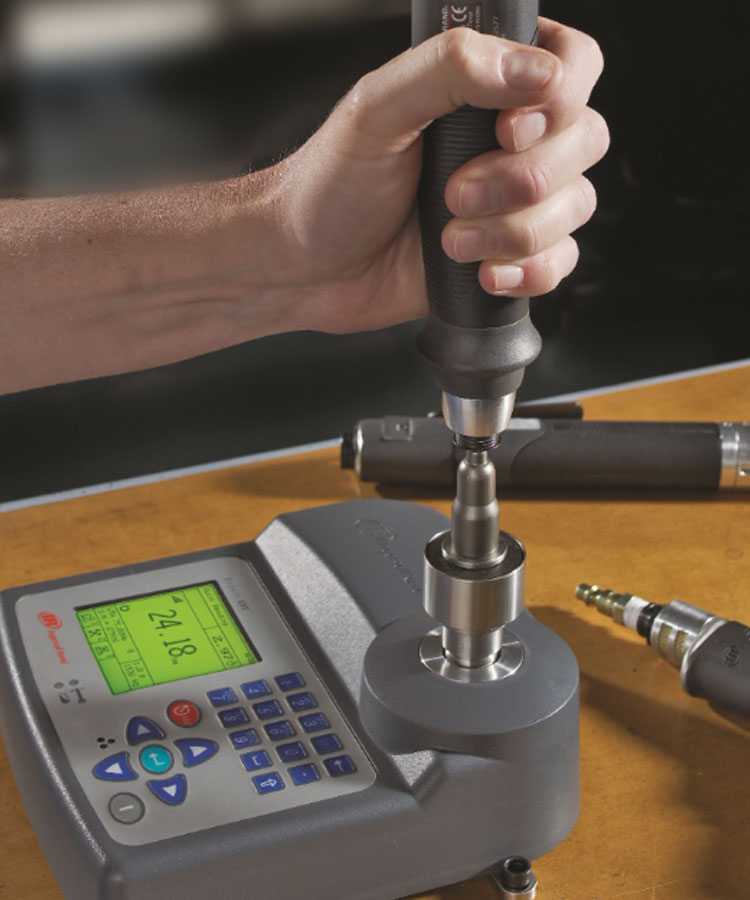When it comes to dial thermometers for temperature measurement in industrial settings, there are basically two types of thermometers that are typically used: bimetal and gas-actuated. The thermometers are used in a variety of applications and work on different functional principles. In this blog, we will have a look at how bi-metal and gas-actuated thermometers work and how to choose the right one for your application.
Thermal Expansion Vs Gas Pressure
A bimetal thermometer measures temperature using thermal expansion. It has a helical or spiral tube that consists of two metals with different expansion coefficients. Temperature changes result in rotational movement due to mechanical deformation of the bimetal strip in the spiral tube, and the bimetal bends in one direction with heat and another with cold.
The gas-actuated thermometers, on the other hand, operate on a completely different principle. It makes use of gas pressure for temperature measurement. They consist of the stem, capillary and Bourdon tube in the case. At elevated temperatures, the gas, generally helium expands and deforms the measuring tube.
Choosing Thermometer for Your Industrial Application
Which thermometer better your area of application depends on a variety of factors including but not limited to:
- Cost-Effectiveness – Bimetal thermometers are relatively more economical. Thanks to industrial bimetal thermometer manufacturers who ensure a simple design and construction.
- Change in Temperature Influence – Changes in measuring result in response to changes in the ambient temperature is a common problem with gas-actuated thermometers. Ambient temperature has no influence on the measuring result when you are using a bimetal thermometer.
- Fast Measurement – Due to the rapid change in pressure in gas-actuated thermometer, the temperature can be measured almost instantaneously. This is where gas-actuated thermometers have edge over their bimetal counterparts.
- Ease of Measurement – Gas-actuated thermometers can be used from a distance via a capillary. Bimetal thermometers require you to be at their measuring point for taking readings.
Still, Confused? Get in touch with US today for help on choosing the right thermometer for your application.


